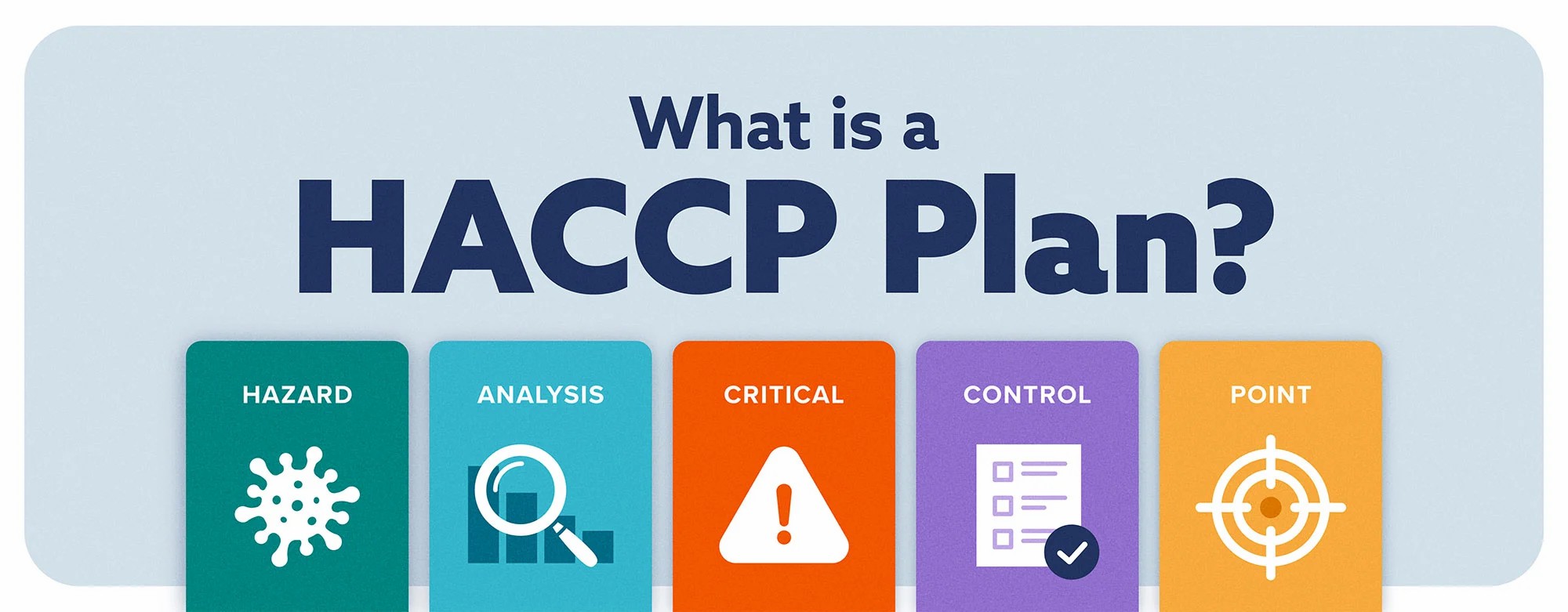HACCP Certification: A Key Step for Food Safety & Compliance in Dublin, Cork, Galway, and Across Ireland
In today’s fast-paced food industry landscape, ensuring food safety compliance is not just a legal obligation but a cornerstone of success. For restaurant owners, catering professionals, food manufacturers, and hospitality businesses in Dublin, Cork, Galway, Limerick, Waterford, and Belfast, obtaining HACCP Certification through structured HACCP Training Courses is crucial. This comprehensive guide delves into the importance of HACCP training, its principles, and how it enhances food safety across Ireland.
What is HACCP?
HACCP stands for Hazard Analysis Critical Control Point, a systematic approach to food safety that identifies and controls potential hazards throughout the food production process. This method is not just a set of criteria; rather, it embodies a crucial philosophy that protects public health by ensuring that food is safe for consumption.
Importance of HACCP Training
HACCP training equips food industry professionals with the knowledge and skills necessary to implement effective food safety management systems. Here’s why HACCP training is essential:
- Ensures Compliance: Compliance with both Irish and EU food safety regulations is a fundamental requirement for any food business. HACCP training provides the necessary frameworks to meet these legal obligations.
- Reduces Contamination Risks: By understanding and controlling potential hazards, businesses can significantly reduce the risk of foodborne illnesses.
- Improves Food Handling Standards: Consistent training fosters a culture of food safety and enhances food handling practices within organizations.
- Enhances Public Health Protection: Well-trained staff are pivotal in safeguarding consumer health by preventing food safety violations.
HACCP Principles Explained
To appreciate the benefits of HACCP training, it’s essential to understand its seven principles:
- Conduct a Hazard Analysis: Identify potential biological, chemical, and physical hazards in the food production process.
- Determine Critical Control Points (CCPs): Establish points in the process where hazards can be controlled or eliminated.
- Establish Critical Limits: Set maximum or minimum limits for each CCP to ensure safety.
- Monitor CCPs: Implement monitoring procedures to ensure each CCP is staying within its critical limits.
- Establish Corrective Actions: Outline actions to be taken when monitoring indicates a deviation from critical limits.
- Verification: Ensure the HACCP system is working as intended through validation and routine checks.
- Record Keeping: Maintain documentation and records to demonstrate compliance and facilitate audits.
Steps to HACCP Certification
To achieve HACCP certification, follow these essential steps:
- Enroll in a HACCP Training Course: Opt for a reputable course that covers HACCP Level 1 & 2 and is specific to your industry.
- Conduct a Hazard Analysis: Understand the specific hazards related to your operations.
- Implement HACCP Principles: Apply the seven HACCP principles within your business.
- Keep Records: Document every procedure and its outcomes meticulously.
- Apply for Certification: Once all procedures are implemented, apply for HACCP certification through an accredited body.
Comparing Online vs. In-Person HACCP Training
In recent years, online HACCP training has gained popularity due to its flexibility and accessibility. However, both online and in-person training have unique advantages:
- Online HACCP Training: Offers convenience, allowing your team to learn at their own pace and time, making it ideal for busy food businesses.
- In-Person Training: Provides hands-on experience and immediate interaction with instructors, which can be beneficial for complex topics.
Common HACCP Violations and How to Prevent Them
Even with training, certain violations remain prevalent among food businesses. Here are some common mistakes and how to avoid them:
- Lack of Documentation: Ensure thorough record-keeping of safety measures and monitoring activities.
- Inadequate Training: Regularly update training sessions and involve all staff members.
- Neglecting CCP Monitoring: Establish routine checks and audits to monitor CCP effectiveness.
How HACCP Compliance Boosts Business Reputation and Customer Trust
HACCP compliance is not just about avoiding penalties; it is a competitive advantage. Maintaining high food safety standards fosters consumer trust, leading to customer loyalty and potentially increased sales.
Conclusion & Call to Action
Investing in HACCP training is investing in the future of your food business. It safeguards public health, ensures compliance with regulations, and enhances your business's reputation. If you’re ready to elevate your food safety practices, explore our comprehensive HACCP training courses today and take the first step towards achieving your HACCP certification!
For inquiries, contact us at [email protected].



 349,500 Offered Certificates
349,500 Offered Certificates
 24/7 Online Training
24/7 Online Training
 Money Back Guarantee
Money Back Guarantee
 Fully Accredited Courses
Fully Accredited Courses
